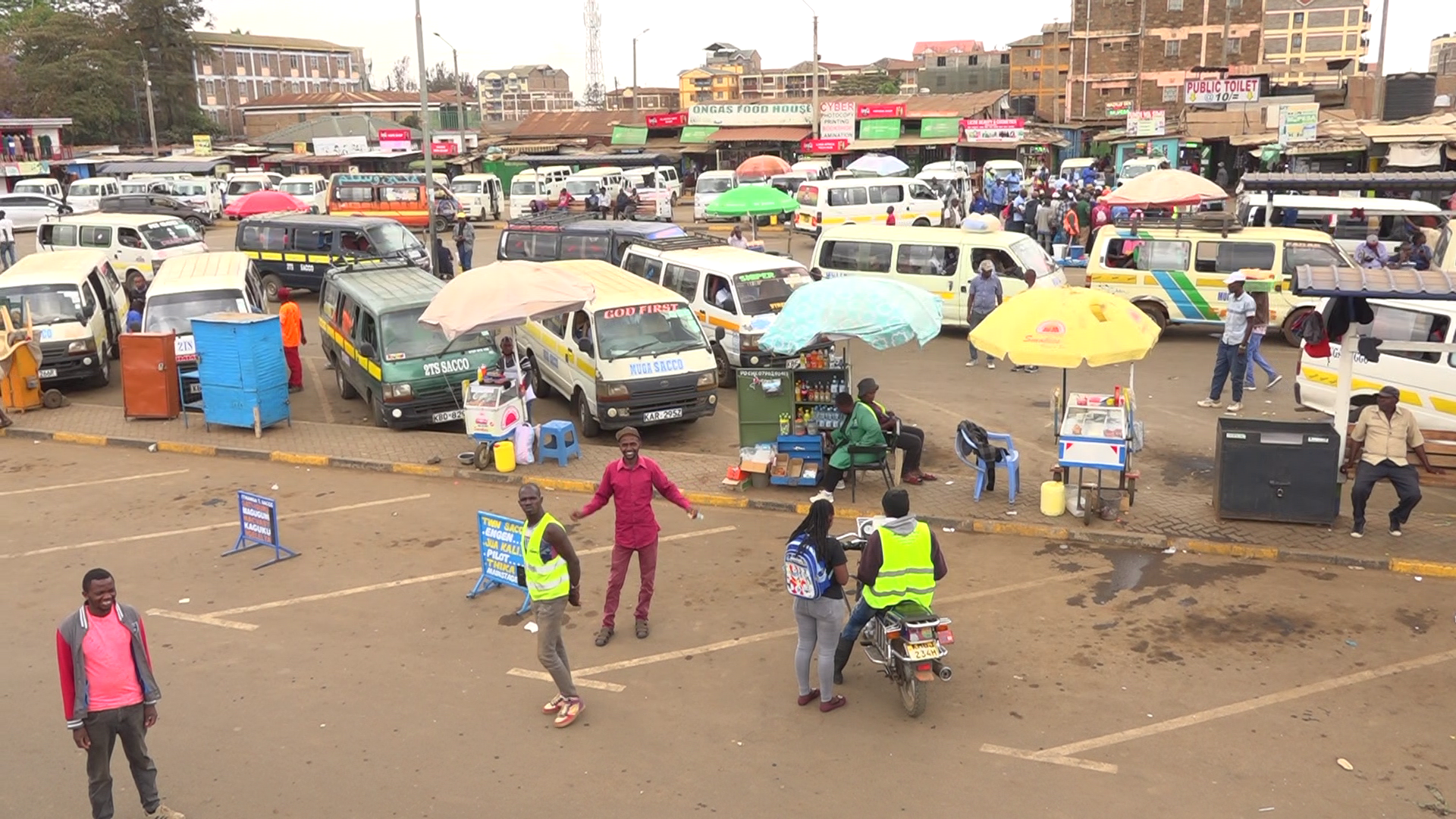The culture of saving is not well entrenched in the country. Cancelled happiness is what comes to mind when one thinks about saving. The word saving itself conjures images of waiting in line, unnecessary delays and in most instances, outright denial.
It is painful to subject oneself to the misery of depravation. This is idea could be the reason why saving is not a topic one likes to discuss with others, let alone oneself.
When Caroline Muiruri left employment after retiring from the Kirinyaga County Government, she wasn’t really enthusiastic about a future as a retiree.
She knew she will get some pension money from the county pension fund and the National Social Security Fund (NSSF) but that was all.
“You see, I hadn’t saved much. Family obligations such as school fees for the children and health needs were drying up my salary. I was also weak at saving. I do wish I had perhaps joined a Sacco while I was working,” she said.
Caroline’s dilemma is common among many Kenyans.
ALSO READ:
Central Kenya National Show moves to Nyeri with focus on climate-smart agriculture
According to data from the Central Bank of Kenya (CBK), Kenya recorded a gross saving rate of 13.5 as a percentage to its GDP in 2024, which is much lower to the global rate of 24 per cent.
A country with a poor savings culture such as Kenya cannot hope to develop at a much quicker pace compared to its peers.
Increased national savings leads to new investments, a positive current account and the production of new capital goods.
Haji Imran, a financial expert in Nairobi explains that a part from high per capita incomes and a full-funded State pension scheme a country such as Singapore developed quickly as a result of a high savings culture powered by a strong cooperative movement.
We must have strong Saccos where members can be incentivized to save more for the country’s financial growth to be boosted.
Daniel Marube, the Executive Director of the Cooperative Alliance of Kenya, observed that Saccos importance in the country is increasing rapidly.
People are quickly obtaining loans from these entities. Formed without much formality and often based on trust, Saccos of old are hallowed especially in the countryside.
ALSO READ:
Devolution forum an eye-opener for Sacco opportunities in counties
They were the easiest tools to financial discipline and the most accessible route to a better life for many.
Granted, some of the Saccos, a few formed simply as chamas to solely help in savings by like-minded people, have grown into some of the biggest businesses in the land.
Equity Building Society was formed in 1984 to provide mortgage financing to the lower income group of the country. Many years later, and through a long, winding journey, the society is now what we know as Equity Bank.
Other Saccos in the country have been doing everything in their power to empower members, providing them with a platform to acquire property.
A few years ago, houses that were built next to the railway line on Kenya Railways’ land were flattened, leaving hundreds of occupants in the cold. Kenya Railways was reclaiming its land and all illegal constructions, and other barriers, were brought down.
But members of Kando Reli, a housing cooperative a group of those victims formed, were brought together by Pamoja Trust, a civil society organisation that helps people living within informal settlements get access to basic services including decent housing, land and security of tenure.
ALSO READ:
President Ruto reaffirms sugar sector bonuses, eyes export status by 2027
The victims pooled their resources together and gradually had a chest that they have used to build houses of their own along Kangundo Road. Yet another housing cooperative, Pamoja Trust, has been helping slum dwellers find a way out of their situation and into decent homes of their own.
Apart from their role in giving people decent housing, Saccos have had a role in creating responsibility and reducing debauchery. Taught to be frugal and disciplined in saving, people who used to spend their money in alcohol and other irresponsible expenses, without saving, have now found a way out of such trouble.
In the South Rift, small-holder tea farmers who were targeted by commercial sex workers and conmen when their money got released to them are out of the mess.
Whenever the tea bonus was announced by the Kenya Tea Development Agency (KTDA), predators would inch their way across the country to tea-growing areas. They eyed the billions of shillings that would be circulating courtesy of the payments. They left the farmers with little, or nothing, to spare.
But Alice Koskei, the CEO of Kenya Highlands Sacco, recently observed that the financial training and investment advice that the farmers have received from the Sacco has helped in improving their livelihoods.
ALSO READ:
Government to pay Ksh6.8B in Coffee Cooperative debts: CS Oparanya reveals
Bodaboda riders, who in their thousands have now become a formidable force in the country’s economic and social spheres, are also fond of saving in Saccos they form. With contributions of as little as Ksh50 daily, these members have managed to start businesses or even buy land.
Feared by some for reasons that include poor management, some Saccos have been a thorn in the flesh of members, often collapsing with their money.
But well managed, they can be profitable and can change members’ lives. Just this year, Nyeri based New Fortis Sacco (formerly Nyeri Teachers Sacco) announced Sh740 million dividend payouts to members.
Well managed, Saccos are turning out to be some of the best drivers of social and economic change.
By Erick Munyua
Get more stories from our website: Sacco Review.
For comments and clarifications, write to: Saccoreview@
Kindly follow us via our social media pages on Facebook: Sacco Review Newspaper for timely updates
Stay ahead of the pack! Grab the latest Sacco Review newspaper!



